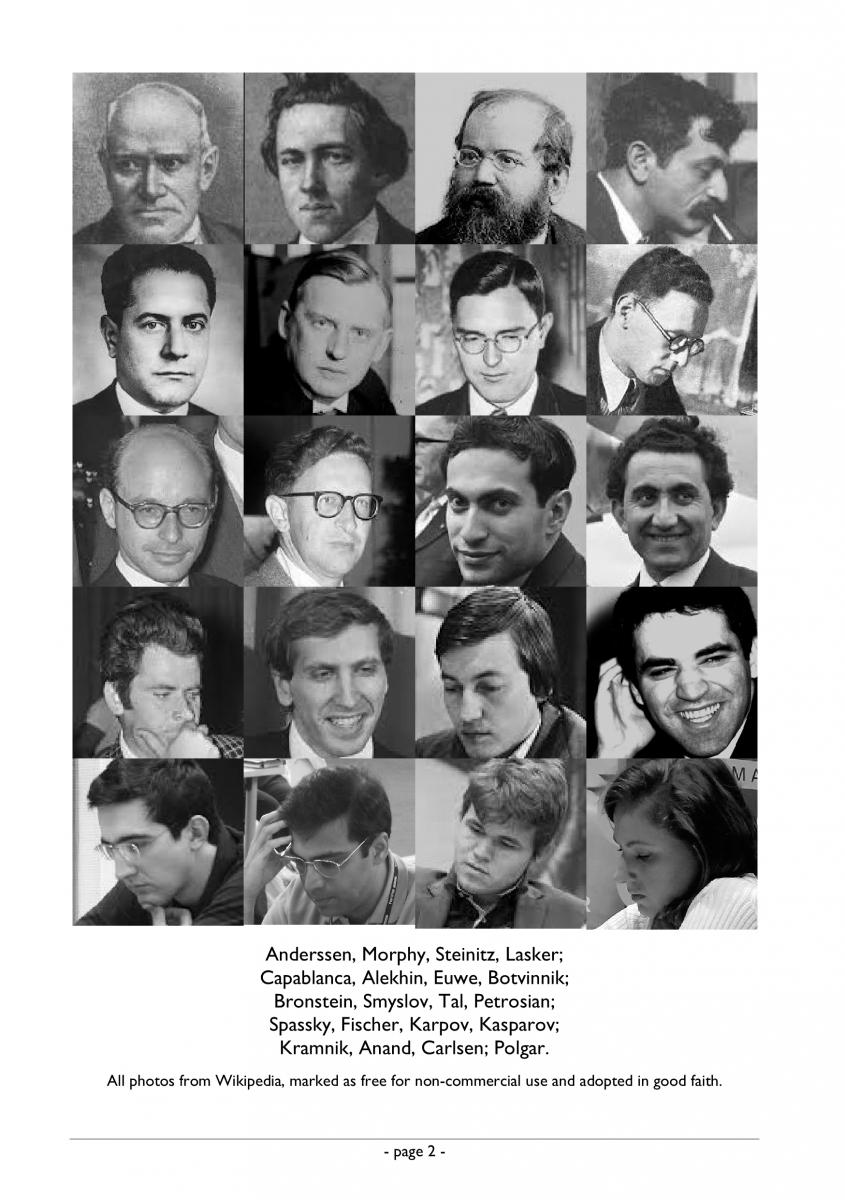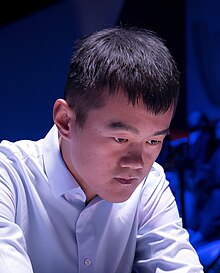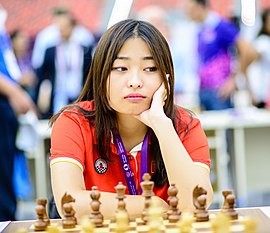| Before the official World Champions | ||
| Giaochino Greco | 1620-34 Italy | |
|
(Western) chess existed a long while before Greco came along, but he was pretty clearly the best chess player of his time and worth knowing about. There were all sorts of players after that who might have been the best in the world, like Philidor, Saint-Amant, and Staunton. We pick up the story a long while later, with some players who equally clearly were the best of their time: (Click on the player's name to find out more; the 'lessons' pages are longer and written for adults.) |
||
| Adolf Anderssen | 1851–58,1862–66 Prussia | |
| Paul Morphy [Lessons from Morphy] | 1858–62 United States | |
|
(Anderssen again) Morphy beat Anderssen in a match, but stopped playing chess in 1859. After Anderssen won the first international all-play-all tournament in London, 1862, he was once again seen as the best active player in the world. In 1886, Wilhelm Steinitz beat Johannes Zukertort in a match which was agreed to be for the title of World Chess Champion. Steinitz had previously beaten Anderssen in a match in 1866, so he may have been the best in the world since then, although that wasn't generally accepted until the 1870s. |
||
| World Champions | ||
| Wilhelm Steinitz [Lessons from Steinitz] | 1886–94 Austria-Hungary, USA | |
| (Hastings 1895: | a strong tournament) | |
| Emanuel Lasker [Lessons from Lasker] | 1894–1921 Germany | |
| (Carl Schlechter of Austria-Hungary drew a match with Lasker, who remained Champion) | 1910 | |
| José Raúl Capablanca [Lessons from Capablanca] | 1921–27 Cuba | |
| Alexander Alekhin [Lessons from Alekhin] | 1927–35,1937-1946* | |
| Max Euwe [Lessons from Euwe] | 1935–37 Netherlands | |
|
(Alekhin again) * Died while still champion. Botvinnik won a 5-player four-round all-play-all tournament organised in 1948, playing Smyslov, Reshevsky, Euwe, and Keres. |
||
| Mikhail Botvinnik [Lessons from Botvinnik] | 1948–57, 58–60, 61–63 Soviet Union (Russia) | |
| (David Bronstein of the USSR drew a match with Botvinnik, who remained Champion) | 1951 | |
| Vasily Smyslov [Lessons from Smyslov] | 1957–58 Soviet Union (Russia) (Drew match in 1954) | |
| (Botvinnik again) | 1958-60 | |
| Mikhail Tal [Lessons from Tal] | 1960–61 Soviet Union (Latvia) | |
| (Botvinnik again) | 1961-63 | |
| Tigran Petrosian [Lessons from Petrosian] | 1963–69 Soviet Union (Armenia) | |
| Boris Spassky [Lessons from Spassky] | 1969–72 Soviet Union (Russia) | |
| Robert Fischer [Lessons from Fischer] | 1972–75 United States | |
| Anatoly Karpov [Lessons from Karpov] | 1975–85 Soviet Union (Russia) (and drew in 1987) | |
| Garry Kasparov [Lessons from Kasparov] | 1985–93**,1993–2000 Soviet Union (Russia) | |
| ** In 1993, the World Champion, Garry Kasparov, decided to organise his own match, which upset FIDE, who organised their own match as usual, and so there were two World Champions from 1993-2006. But Kasparov was definitely the best player until 2000, and Kramnik, who beat him, later beat Topalov, who was the FIDE Champion, in a unification match in 2006. The FIDE champions were Karpov (1993-99), Khalifman (1999-2000), Anand (2000-2002), Ponomariov (2002-2004), Kasimdzhanov (2004-2005) and Topalov (2005-2006). | ||
| Vladimir Kramnik [Lessons from Kramnik] | 2000–07 Russia | |
| (Peter Leko of Hungary drew a match with Kramnik, who remained Champion) | 2004 | |
| Vishwanathan Anand [Lessons from Anand] | 2007–13 India | |
| Magnus Carlsen [Lessons from Carlsen] | 2013–2023 Norway | |
| Sergei Karjakin of Russia in 2016 and Fabiano Caruana of USA in 2018 both drew classical matches with Carlsen, who won the rapid play-offs, and so remained Champion | ||
| Ding Liren [Lessons from Ding Liren] | 2023-2024 China | |
| Gukesh Dommaraju | 2024-present India | |
| The Women's World Champions | ||
| Not World Champions | ||
| Xavery Tartakower [Lessons from Tartakower] | Poland, Austria, France (The world champion of chess writing) | |
| Judit Polgar [Lessons from Polgar] | Hungary (The best female player ever) | |
Chess Championship games: https://lichess.org/page/world-championships https://www.chessgames.com/wcc.html

 Ding Liren
Ding Liren  Ju Wenjun
Ju Wenjun
Even before the game we know as chess, there were other chesses, like shatranj.
